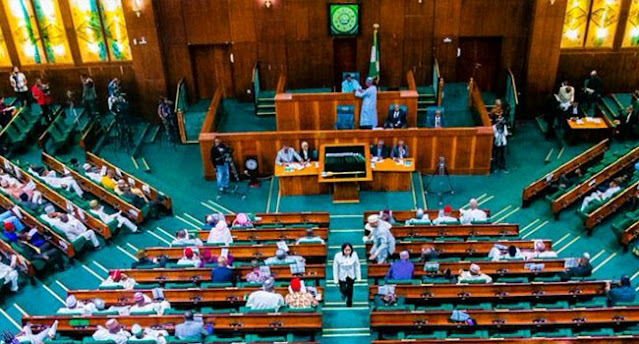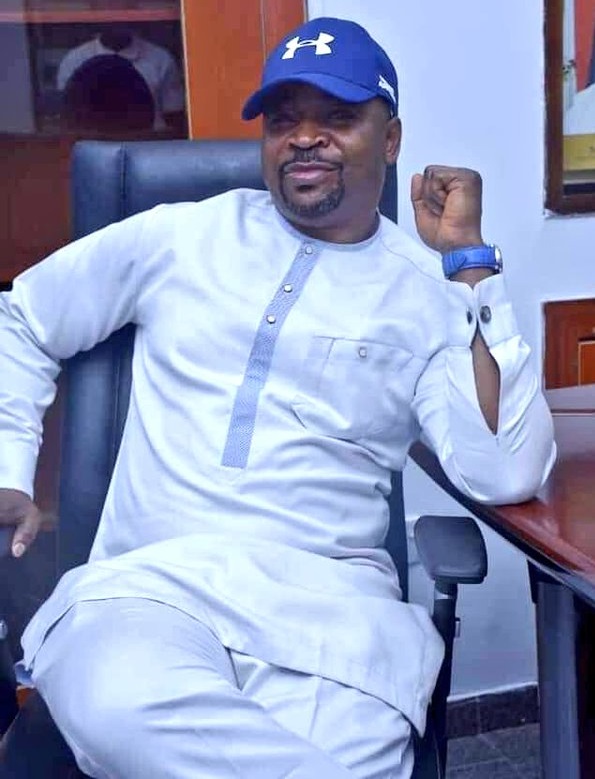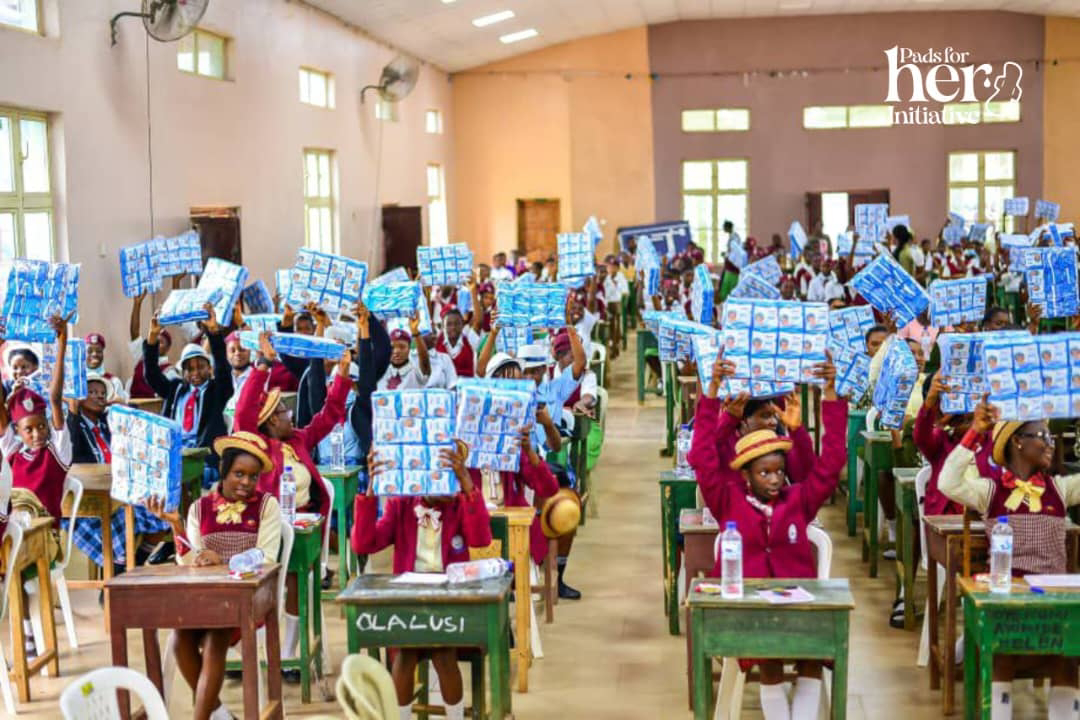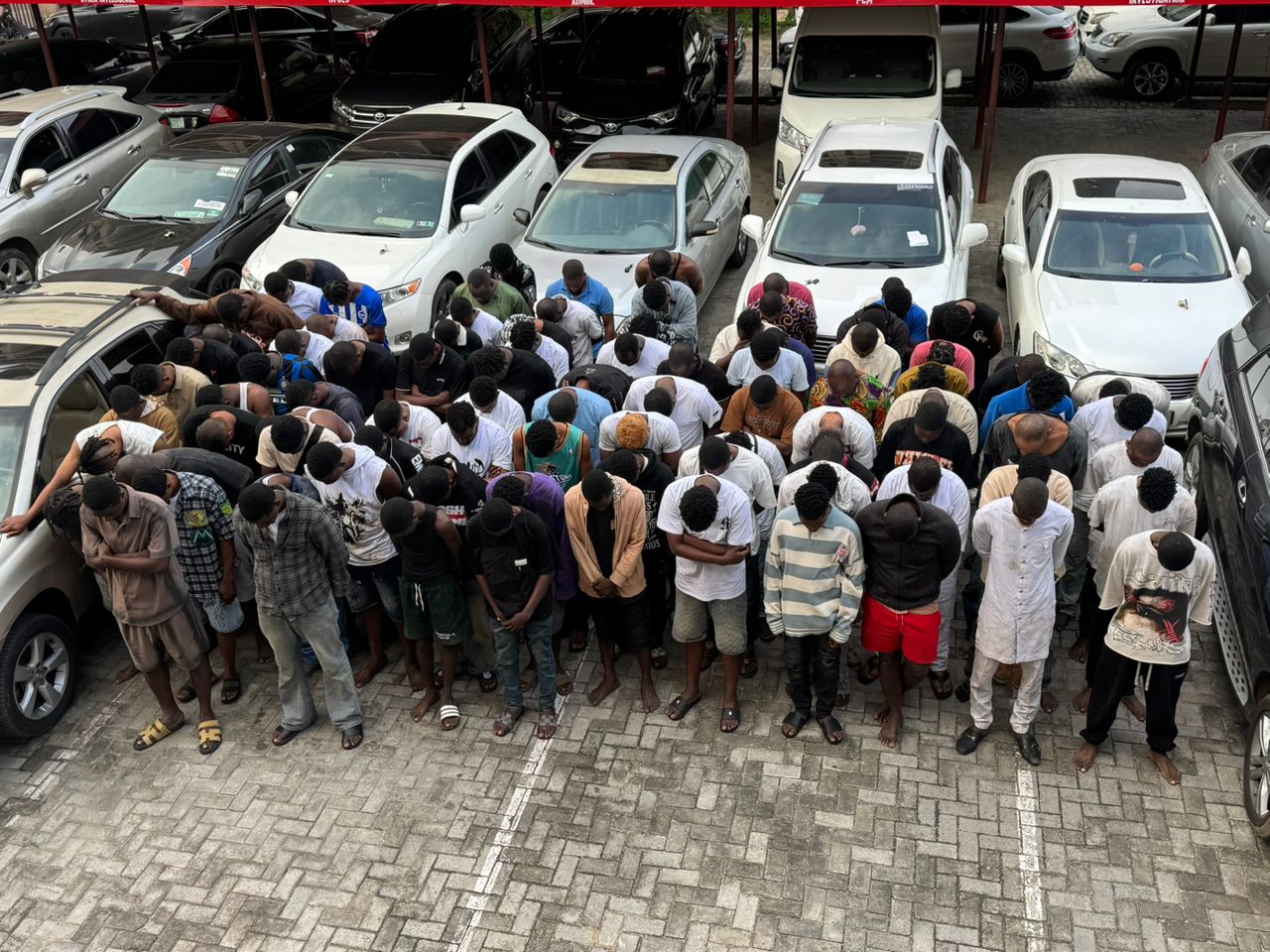ABUJA, Nigeria – August 25, 2025 – The House of Representatives Joint Committee, tasked with investigating the disbursement and utilization of the ₦59 billion Central Bank of Nigeria (CBN) loan for the National Mass Metering Programme (NMMP), has raised serious concerns about the Nigerian Electricity Regulatory Commission’s (NERC) management of the funds and its failure to achieve the programme’s objectives. The committee, comprising members from the Committees on Banking Regulations, Power, Rural Electrification, and Housing, has also criticized NERC for approving a deal allowing Meristerm Wealth Management Limited to collect 0.5% of the annual revenue of electricity Distribution Companies (DisCos) until 2030. Led by Chairman Uchenna Harris Okonkwo, the committee’s preliminary findings reveal ambiguities, inconsistencies, and contradictions in the NMMP’s implementation, prompting a deeper inquiry into alleged irregularities. This report provides a comprehensive analysis of the investigation, the NMMP’s objectives, the roles of key stakeholders, and the broader implications for Nigeria’s power sector and economy.
Background of the National Mass Metering Programme
The National Mass Metering Programme (NMMP), launched by the Federal Government in 2020, was designed to address Nigeria’s chronic metering gap, a longstanding challenge in the power sector. With an estimated 8 million unmetered electricity customers out of 13 million registered consumers, the country has struggled with inaccurate billing, revenue losses, and consumer distrust. The NMMP aimed to close this gap by providing free prepaid meters to households and businesses, supporting local meter manufacturers, eliminating estimated billing practices, and improving revenue collection for DisCos.
Funded by a ₦59,280,988,305.00 loan from the CBN, the NMMP was structured in phases, with Phase 0 targeting the installation of 1 million meters and subsequent phases aiming for broader coverage. The programme was also intended to stimulate economic activity by creating jobs in the meter manufacturing and installation sectors, aligning with the government’s broader goal of enhancing energy access and economic growth.
However, the programme’s implementation has been marred by challenges, including delays, inefficiencies, and allegations of mismanagement. The House of Representatives Joint Committee’s investigation, initiated in 2025, seeks to uncover the reasons behind these shortcomings and ensure accountability for the use of public funds.
The Joint Committee’s Investigation
The House of Representatives Joint Committee, comprising members from the Committees on Banking Regulations, Power, Rural Electrification, and Housing, was established to probe the disbursement and utilization of the ₦59 billion CBN loan. The committee’s mandate includes examining the roles of NERC, DisCos, NESI Stabilisation Strategy Limited (NESI-SSL), Meristerm Wealth Management Limited, and other stakeholders in the NMMP’s implementation.
Chairman Uchenna Harris Okonkwo, speaking at a recent committee session, revealed that preliminary findings indicate significant failures in the programme’s execution. Of the ₦59,280,988,305.00 allocated by the CBN, ₦55,424,975,546.96 has been disbursed, but the committee has identified ambiguities, inconsistencies, and contradictions in how these funds were managed. “The NMMP was meant to transform Nigeria’s power sector by closing the metering gap and improving revenue collection, but our findings suggest it has fallen short of its goals,” Okonkwo stated.
The committee’s concerns center on several key issues:
NERC’s Oversight Failures: The committee criticized NERC for its inability to verify the number of meters installed under the NMMP. Despite documentation showing that DisCos are indebted to the CBN for funds disbursed for meter procurement and installation, NERC has struggled to provide accurate data on the programme’s impact. This lack of transparency has raised questions about the regulator’s capacity to oversee the power sector effectively.
Meristerm’s Revenue Collection Deal: The committee expressed alarm over NERC’s approval of a deal allowing Meristerm Wealth Management Limited to collect 0.5% of DisCos’ annual revenue until 2030. This arrangement, intended to compensate Meristerm for its role as fund manager and administrator, has been criticized as excessive and potentially detrimental to consumers, who may bear the cost through higher tariffs.
Delays by NESI-SSL and Meristerm: NESI-SSL, selected as the special purpose vehicle (SPV) for the CBN loan, and Meristerm have been slow to provide relevant submissions to the committee, prompting lawmakers to accuse them of attempting to frustrate the investigation. Okonkwo warned, “The committee will not hesitate to invoke constitutional powers against any party attempting to obstruct this probe.”
DisCos’ Indebtedness: Documentation indicates that DisCos owe the CBN significant sums for funds disbursed under the NMMP. The committee is investigating whether these funds were used effectively to procure and install meters or diverted for other purposes, contributing to the programme’s underperformance.
The committee’s investigation is ongoing, with plans to summon additional stakeholders, including local meter manufacturers and consumer advocacy groups, to provide further insights. Lawmakers are also exploring the possibility of public hearings to ensure transparency and public participation in the process.
The NMMP’s Objectives and Challenges
The NMMP was launched with ambitious objectives to transform Nigeria’s power sector:
Close the Metering Gap: With over 8 million unmetered customers, the programme aimed to install prepaid meters to ensure accurate billing and reduce consumer complaints about estimated billing.
Support Local Manufacturers: By prioritizing local meter manufacturers, the NMMP sought to boost domestic production, create jobs, and reduce reliance on imported meters.
Curb Revenue Losses: Accurate metering was expected to improve revenue collection for DisCos, enabling them to invest in infrastructure and reduce aggregate technical, commercial, and collection (ATC&C) losses.
Enhance Consumer Trust: Transparent billing practices were intended to rebuild consumer confidence in the power sector, which has been plagued by distrust.
Despite these goals, the NMMP has faced significant challenges. The metering gap remains substantial, with only a fraction of the targeted 1 million meters installed under Phase 0. Consumers continue to report estimated billing, with some DisCos accused of prioritizing high-revenue customers over low-income households. Local meter manufacturers have struggled with production capacity and funding, limiting their ability to meet demand. Additionally, logistical challenges, such as delays in meter distribution and installation, have hindered progress.
The committee’s findings suggest that these challenges are compounded by mismanagement and lack of accountability. The slow pace of meter installations, coupled with NERC’s inability to verify progress, raises questions about the programme’s governance structure. The involvement of Meristerm and NESI-SSL, both relatively unknown entities in the power sector, has further fueled concerns about transparency and competence.
Economic and Social Context
The NMMP’s struggles must be understood within Nigeria’s broader economic and social context. The country faces significant challenges, including a headline inflation rate of 21.88% in July 2025, according to the National Bureau of Statistics (NBS). Food inflation, at 22.74%, has made basic necessities unaffordable for many households, while diesel prices surged by 29.72% year-on-year to N1,789.45 per litre, increasing operational costs for businesses, including DisCos. The naira’s 41.4% depreciation in 2024 has raised the cost of imported meters and equipment, further straining the NMMP’s implementation.
The power sector’s inefficiencies exacerbate these economic pressures. Nigeria’s electricity generation capacity remains below 5,000 megawatts for a population of over 220 million, with frequent grid collapses disrupting economic activity. The World Bank estimates that 38.9% of Nigerians live below the poverty line, highlighting the need for affordable and reliable electricity to drive inclusive growth. The NMMP was intended to address these issues by improving billing accuracy and revenue collection, but its underperformance has deepened consumer frustration and economic losses.
Socially, the metering gap has fueled distrust between consumers and DisCos. Estimated billing, often perceived as exploitative, has led to protests and legal disputes, with consumer advocacy groups like the Electricity Consumer Protection Advocacy Centre demanding accountability. The committee’s investigation is seen as a critical step toward addressing these grievances and restoring public confidence in the power sector.
Stakeholder Roles and Criticisms
The NMMP involves several key stakeholders, each facing scrutiny from the Joint Committee:
NERC: As the regulator, NERC is responsible for overseeing the NMMP’s implementation and ensuring compliance with its objectives. The committee’s criticism of NERC’s inability to verify meter installations highlights gaps in its regulatory oversight. NERC’s approval of Meristerm’s revenue collection deal has also raised questions about its decision-making process and potential conflicts of interest.
Meristerm Wealth Management Limited: Appointed as the fund manager and administrator, Meristerm’s role includes managing the CBN loan and coordinating with DisCos and meter manufacturers. The committee has criticized Meristerm for its slow response to inquiries and the controversial 0.5% revenue collection deal, which could burden consumers.
NESI-SSL: As the SPV for the CBN loan, NESI-SSL is responsible for disbursing funds and monitoring their utilization. Its failure to provide timely submissions to the committee has raised suspicions of mismanagement or lack of transparency.
DisCos: The 11 DisCos, responsible for distributing electricity and installing meters, are indebted to the CBN for NMMP funds. The committee is investigating whether these funds were used effectively or misallocated, contributing to the programme’s failures.
Local Meter Manufacturers: Companies like Momas Electricity Meters Manufacturing Company and Mojec International were expected to supply meters for the NMMP. However, production constraints and funding challenges have limited their ability to meet demand, prompting calls for government support to boost local capacity.
Stakeholder Reactions
The Joint Committee’s investigation has elicited varied reactions from stakeholders. Energy analyst Dr. Joseph Anzaku praised the committee’s efforts, stating, “This probe is long overdue. The NMMP’s failure to deliver meters has left millions of Nigerians at the mercy of estimated billing.” He urged lawmakers to hold all parties accountable and recommend reforms to strengthen the programme.
Consumer advocacy groups welcomed the investigation but called for swift action. “Nigerians are tired of paying for electricity they didn’t use,” said Grace Ior of the Electricity Consumer Protection Advocacy Centre. “The committee must ensure that those responsible for mismanaging the NMMP face consequences.”
NERC defended its role, with a spokesperson stating, “We are committed to transparency and will cooperate fully with the investigation.” However, Meristerm and NESI-SSL have faced criticism for their lack of responsiveness, with some stakeholders questioning their suitability for managing a programme of this scale.
DisCos, represented by the Association of Nigerian Electricity Distributors (ANED), argued that logistical and funding challenges have hindered meter installations. “We need more support from the government and NERC to scale up metering,” said ANED spokesperson Sunday Oduntan. Local meter manufacturers echoed this sentiment, calling for subsidies and access to foreign exchange to boost production.
Implications for the Power Sector and Economy
The Joint Committee’s investigation has significant implications for Nigeria’s power sector and economy. The NMMP’s failure to close the metering gap has perpetuated revenue losses for DisCos, estimated at over ₦200 billion annually due to ATC&C losses. This undermines their ability to invest in infrastructure, exacerbating power supply challenges and hindering economic growth.
For consumers, the persistence of estimated billing erodes trust and increases financial burdens, particularly for low-income households. The committee’s findings could lead to reforms that improve billing accuracy, enhance consumer protection, and boost confidence in the power sector. However, the controversial Meristerm deal raises concerns about potential tariff hikes, which could further strain consumers already grappling with 22.74% food inflation.
Economically, a successful NMMP could stimulate growth by supporting local meter manufacturers, creating jobs, and improving energy access. The power sector is critical to Nigeria’s industrialization, with reliable electricity essential for manufacturing, agriculture, and technology. The investigation’s outcome could shape the sector’s trajectory, influencing investor confidence and government policy.
Policy Recommendations
To address the NMMP’s challenges and strengthen Nigeria’s power sector, the following recommendations are proposed:
Enhance Regulatory Oversight: NERC should strengthen its monitoring and verification processes to ensure accountability in the NMMP’s implementation.
Review Meristerm’s Deal: The committee should scrutinize the 0.5% revenue collection agreement to ensure it does not burden consumers and aligns with public interest.
Support Local Manufacturers: Provide subsidies, tax incentives, and foreign exchange access to boost local meter production capacity.
Accelerate Meter Installation: Establish clear timelines and penalties for DisCos failing to install meters, ensuring equitable distribution to all consumer categories.
Engage Consumers: Launch public awareness campaigns to educate consumers about the NMMP and involve advocacy groups in monitoring its progress.
Conclusion
The House of Representatives Joint Committee’s investigation into the ₦59 billion CBN loan for the National Mass Metering Programme has exposed critical flaws in its implementation, raising questions about NERC’s oversight, Meristerm’s role, and DisCos’ accountability. With only ₦55.4 billion of the allocated funds disbursed, the programme has failed to close Nigeria’s metering gap, leaving millions of consumers with estimated bills and undermining the power sector’s efficiency. The committee’s probe, led by Uchenna Harris Okonkwo, is a critical step toward ensuring transparency and accountability, with the potential to reshape Nigeria’s electricity distribution framework.
In a country grappling with 21.88% inflation, rising fuel costs, and widespread poverty, the NMMP’s success is vital for economic growth and consumer welfare. By addressing the programme’s challenges, supporting local manufacturers, and strengthening regulatory oversight, Nigeria can achieve a more reliable and equitable power sector, delivering lasting benefits for its people and economy.







